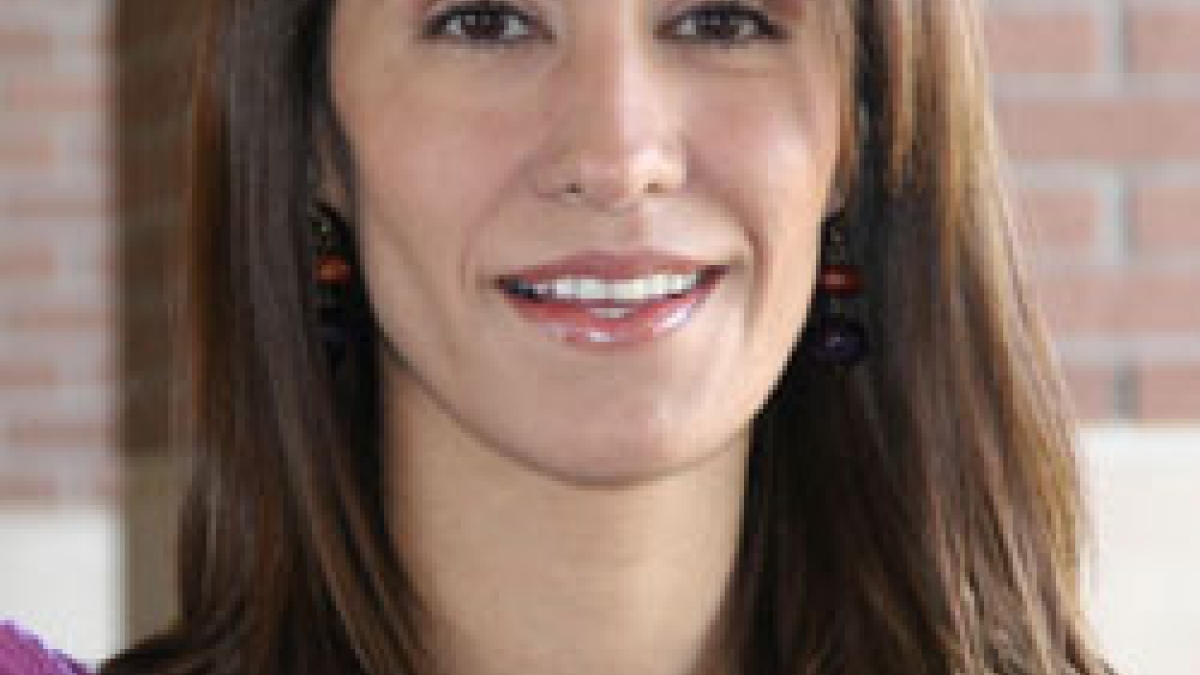New College associate professor wins prestigious national award

Erika Camacho od the New College of Interdisciplinary Arts and Sciences.
Erika Camacho, associate professor of mathematics at the New College of Interdisciplinary Arts and Sciences, continues to add to her long list of awards.
This month, Camacho was named the Outstanding Latino/a Faculty in Higher Education: Research/Teaching by the American Association of Hispanics in Higher Education (AAHHE). Camacho was honored at the 13th annual conference in Irvine, California on March 10.
"I am honored to be recognized by an organization whose mission is to promote the causes that are so dear to me," said Camacho.
The annual award is selected by a panel of experts in higher education for faculty that demonstrate excellence in research and teaching.
"Dr. Camacho is recognized by her contemporaries as a scholar and leader. She has a strong record for pushing boundaries and initiatives that impact educational outcomes," said Loui Olivas, president of the AAHHE.
Camacho conducts research at the interface of mathematical applications to biology and sociology. Some of her projects include mathematically modeling the transcription network in yeast, the interactions of photoreceptors, social networks, and fungal resistance under selective pressure.
In 2017, Camacho was honored with ASU's Outstanding Achievement and Contribution Award, given out by the Commission on the Status of Women for recognition of her outstanding achievements toward advancing the status of women at ASU. In 2016, she was honored by the Victoria Foundation for her impact in higher education among the Latino community. During Hispanic Heritage Month, the American Mathematical Society also honored Camacho with their Lathisms (Latin@s and Hispanic in the Mathematical Sciences) project. She was featured among 31 other Hispanic or Latino mathematicians.
More Science and technology

Hack like you 'meme' it
What do pepperoni pizza, cat memes and an online dojo have in common?It turns out, these are all essential elements of a great…

ASU professor breeds new tomato variety, the 'Desert Dew'
In an era defined by climate volatility and resource scarcity, researchers are developing crops that can survive — and thrive —…

Science meets play: ASU researcher makes developmental science hands-on for families
On a Friday morning at the Edna Vihel Arts Center in Tempe, toddlers dip paint brushes into bright colors, decorating paper…

